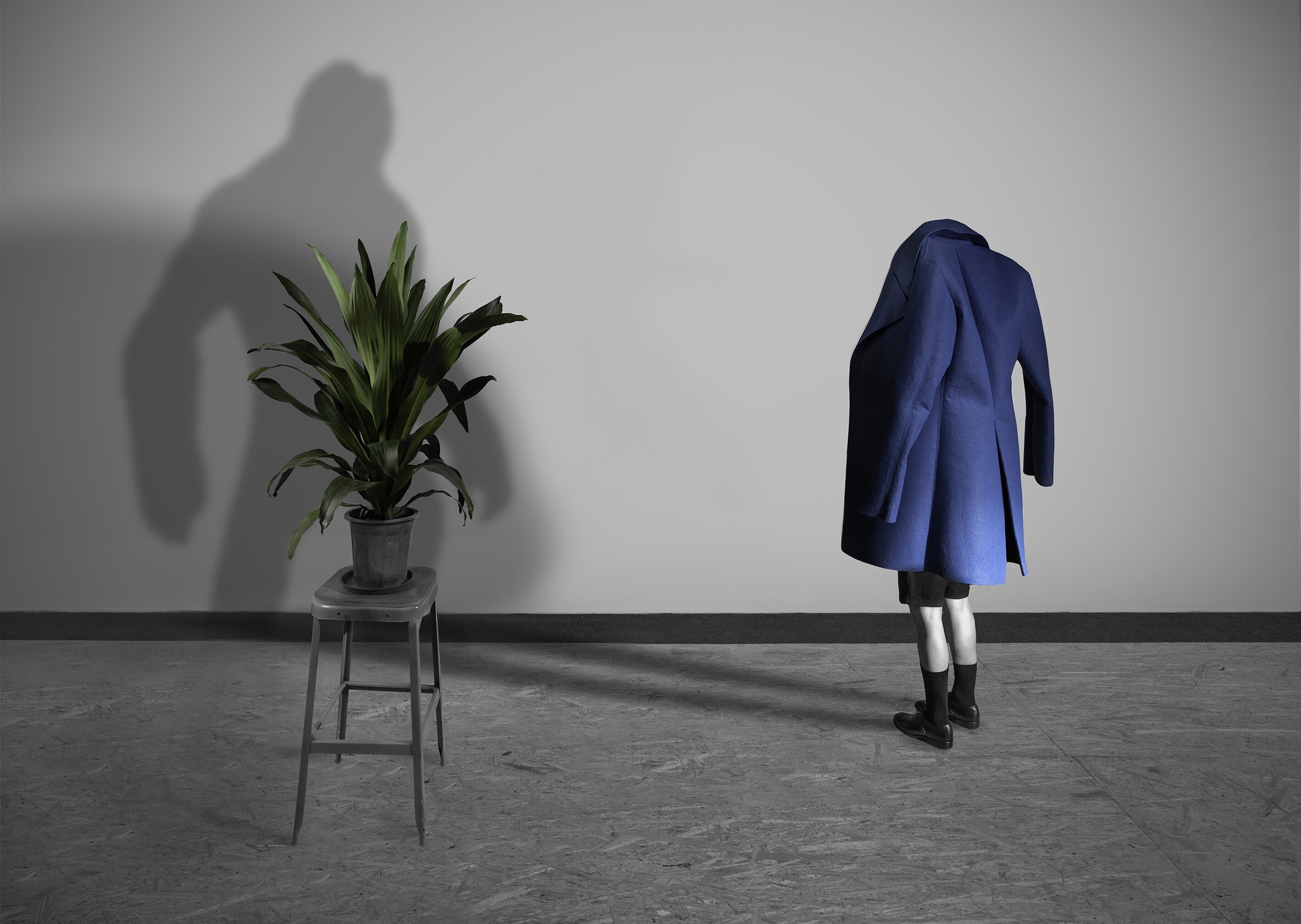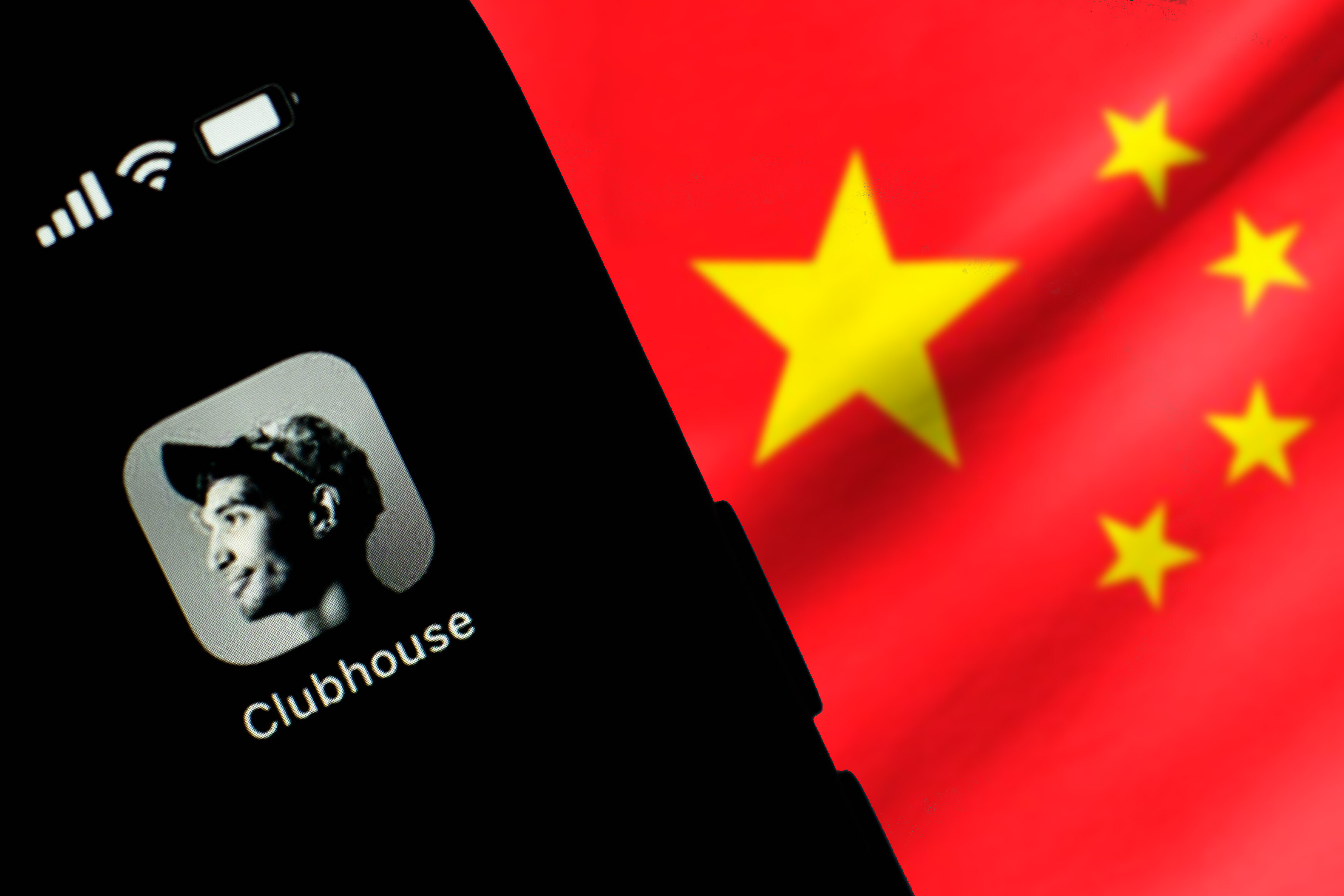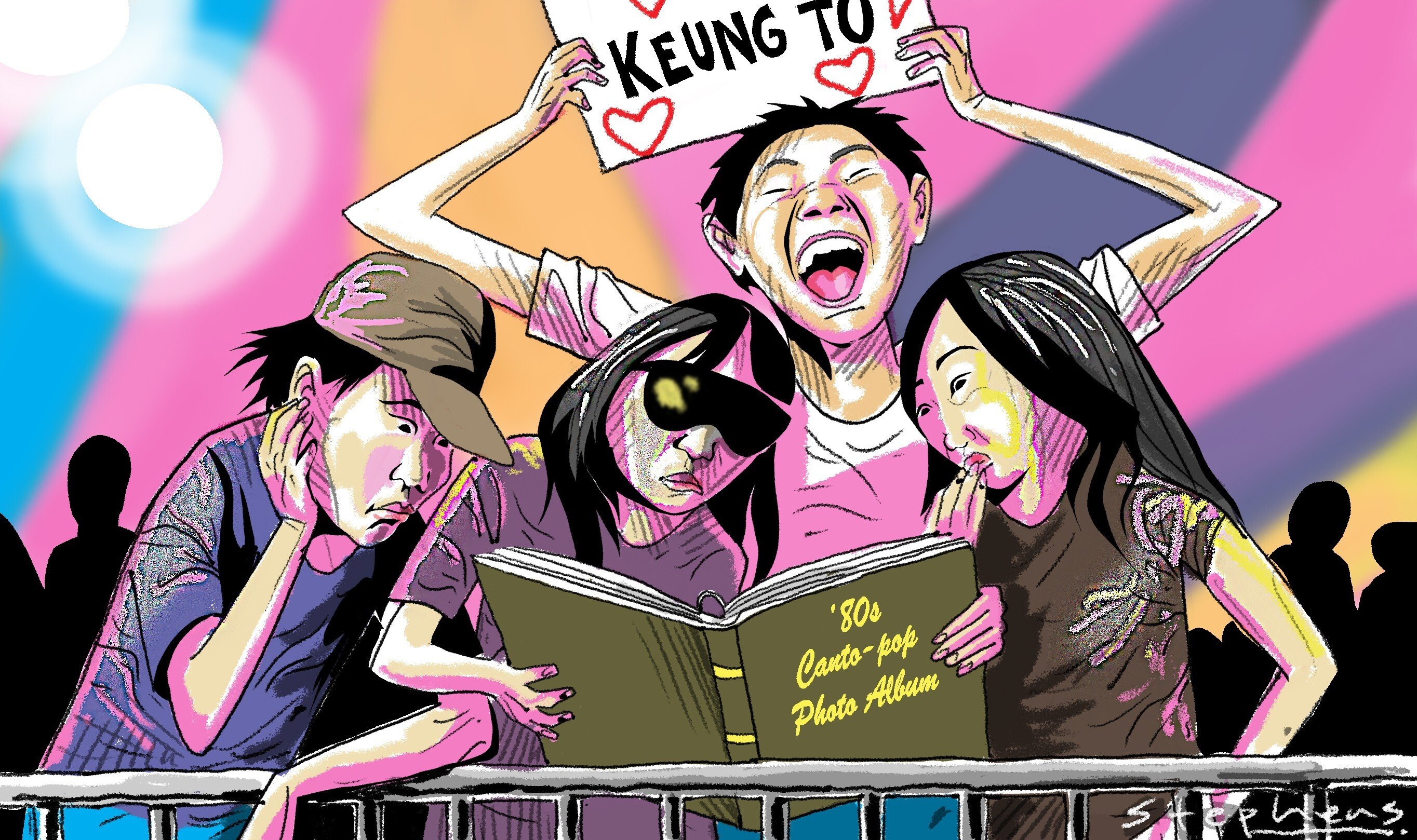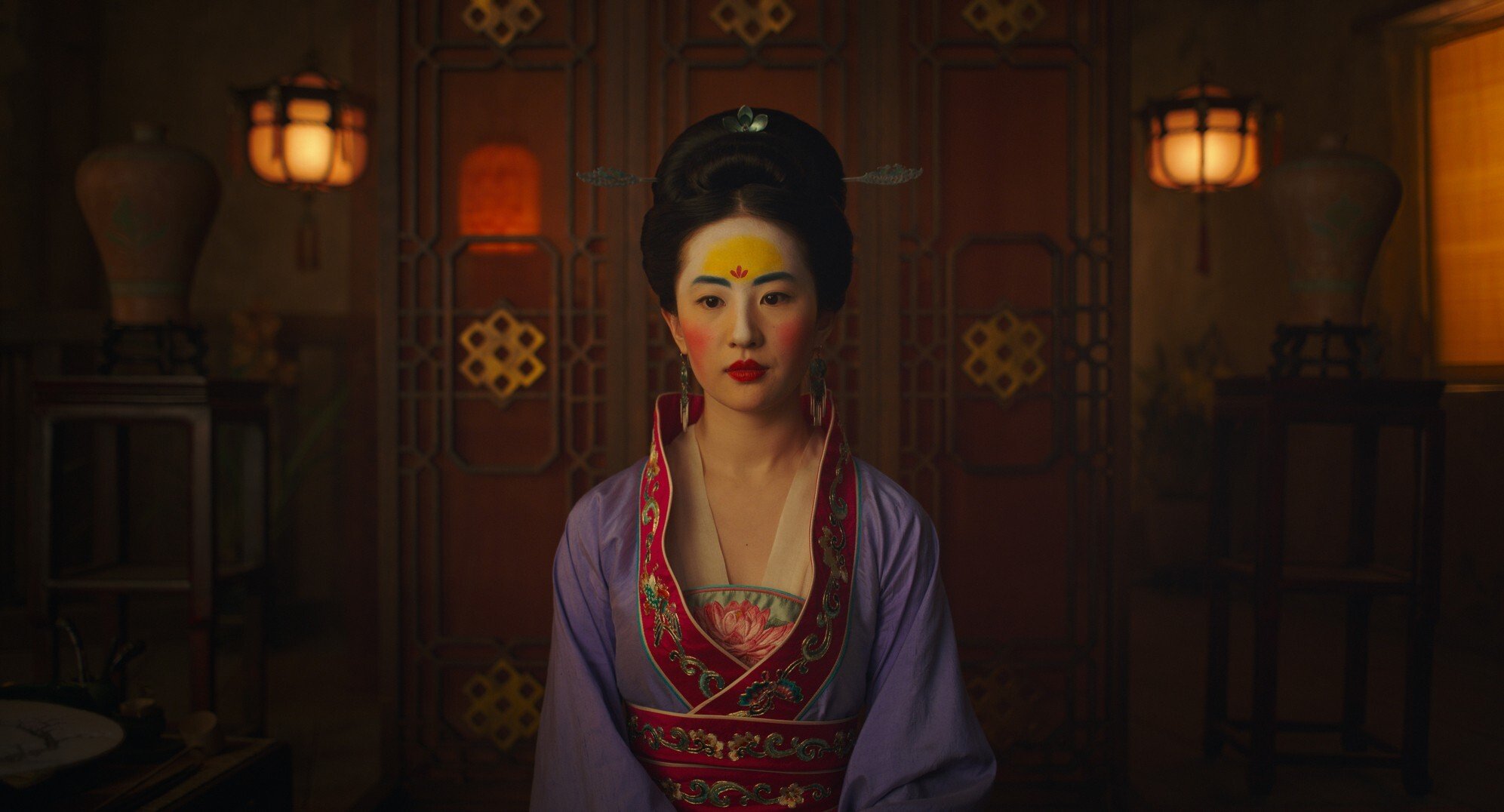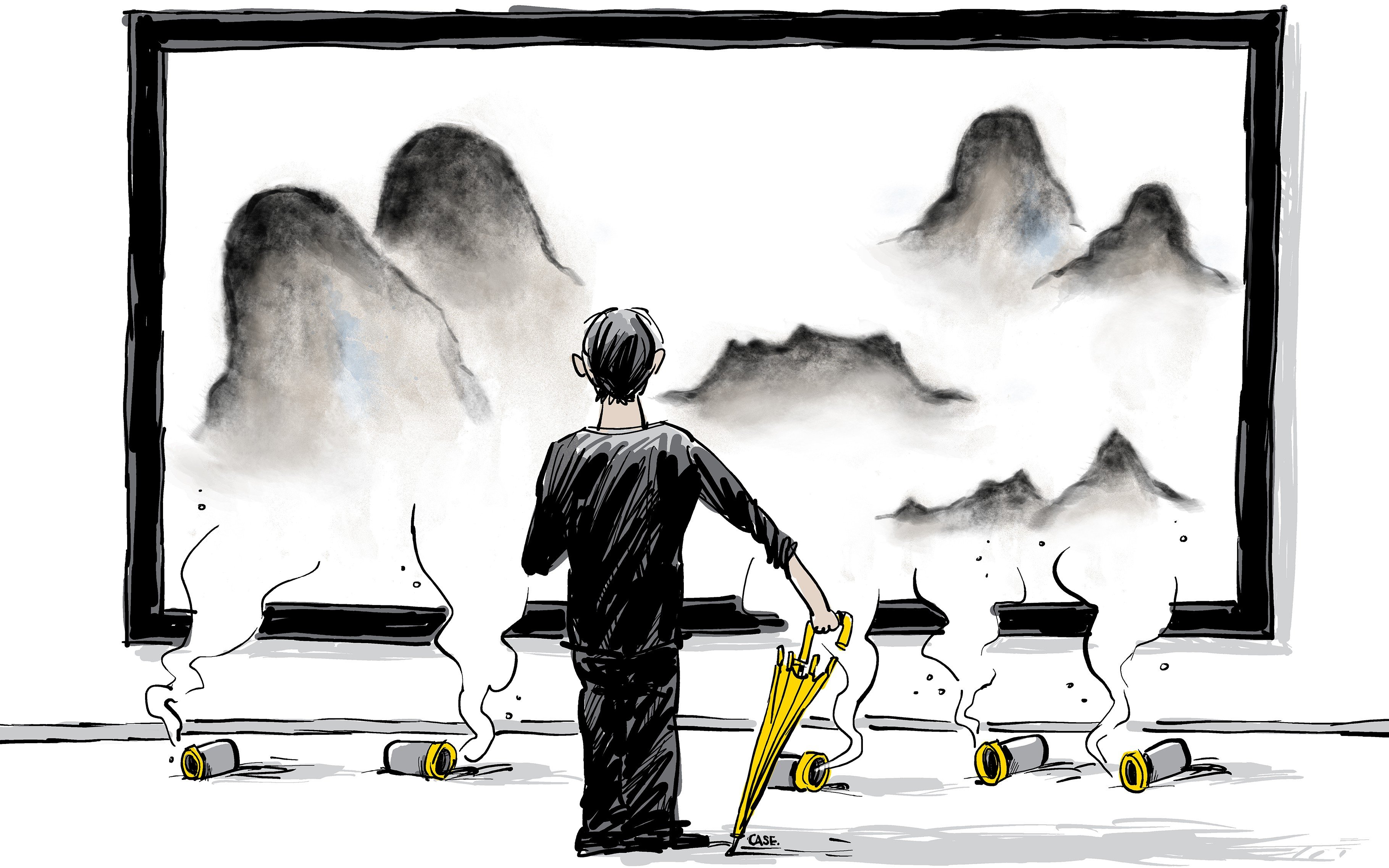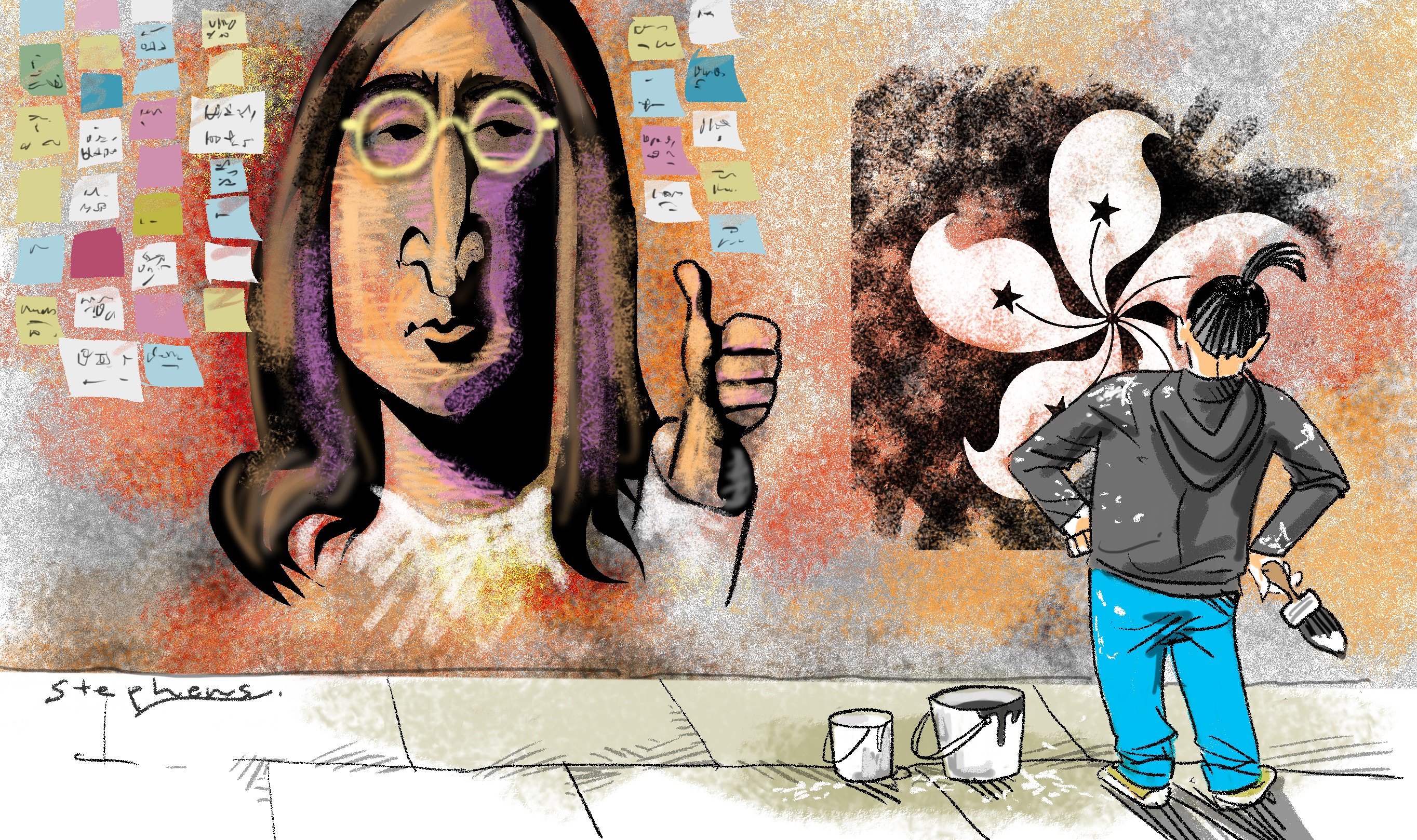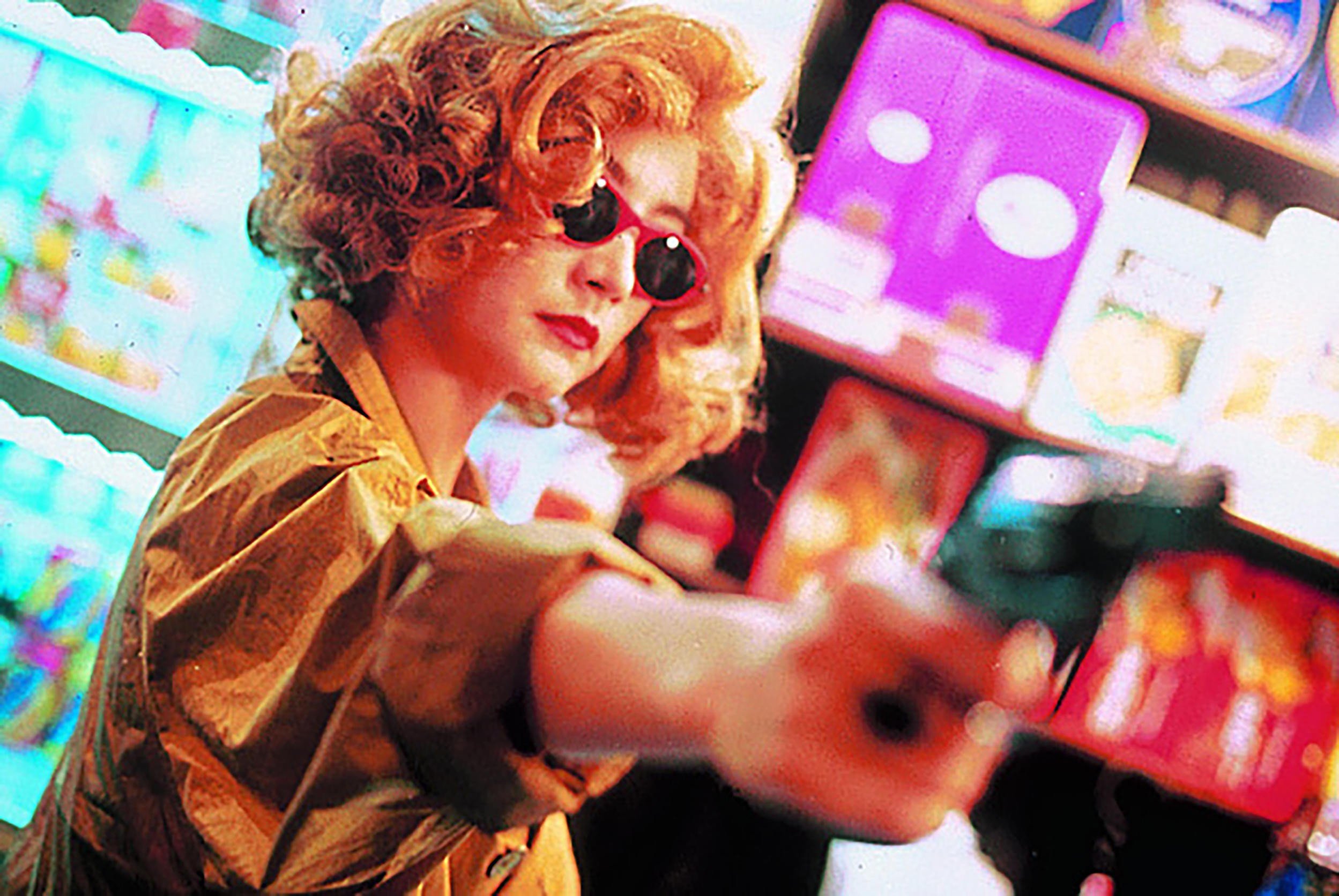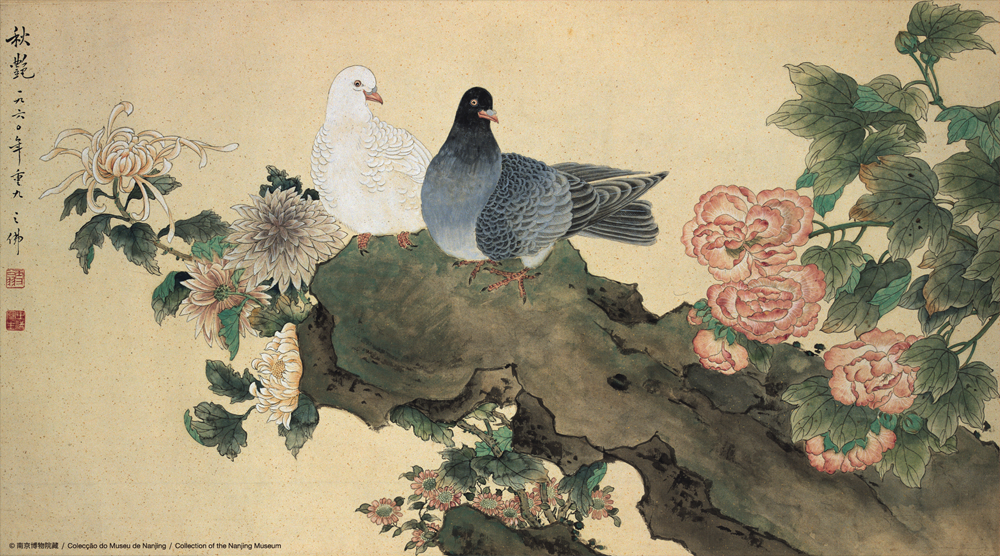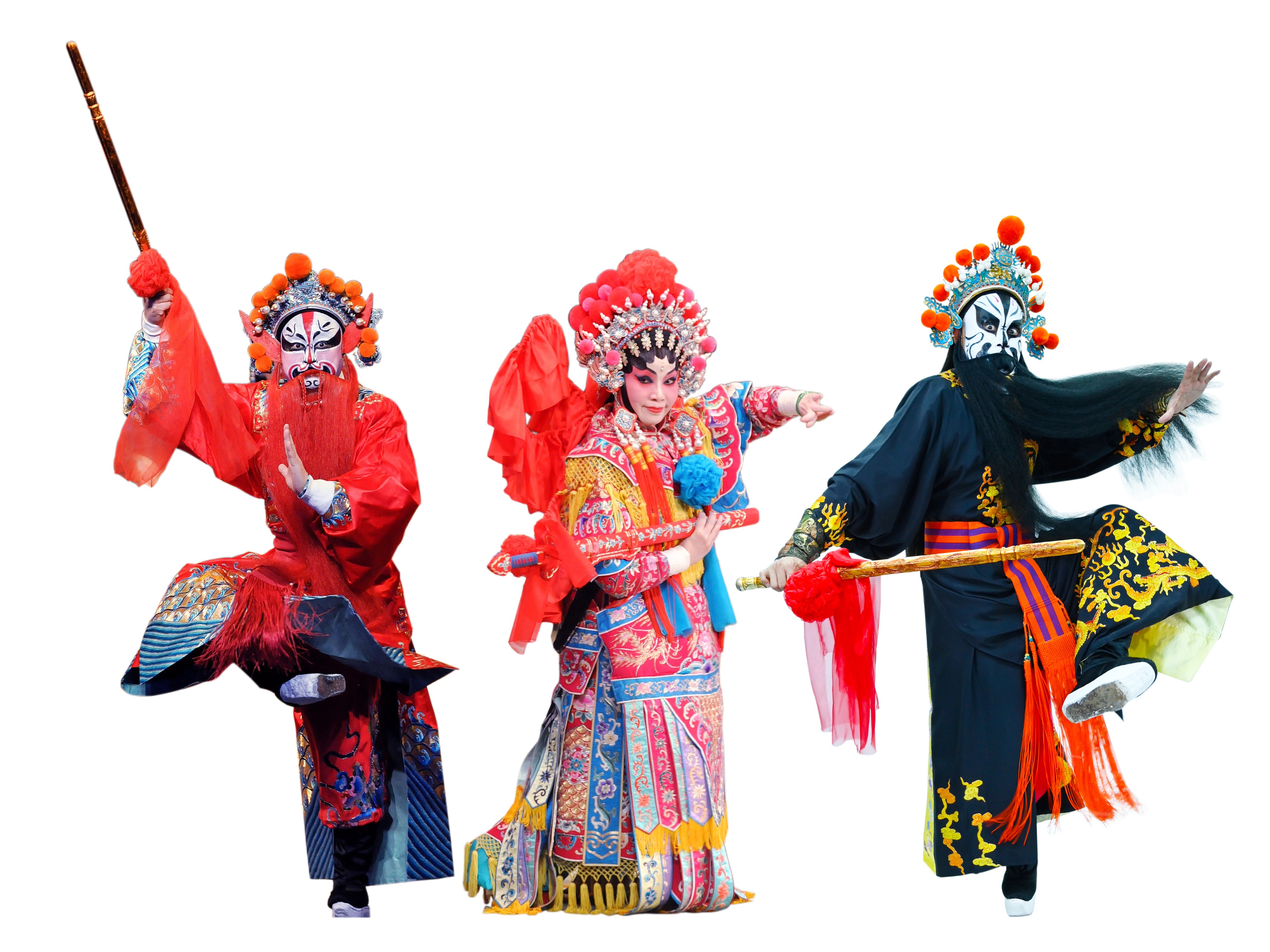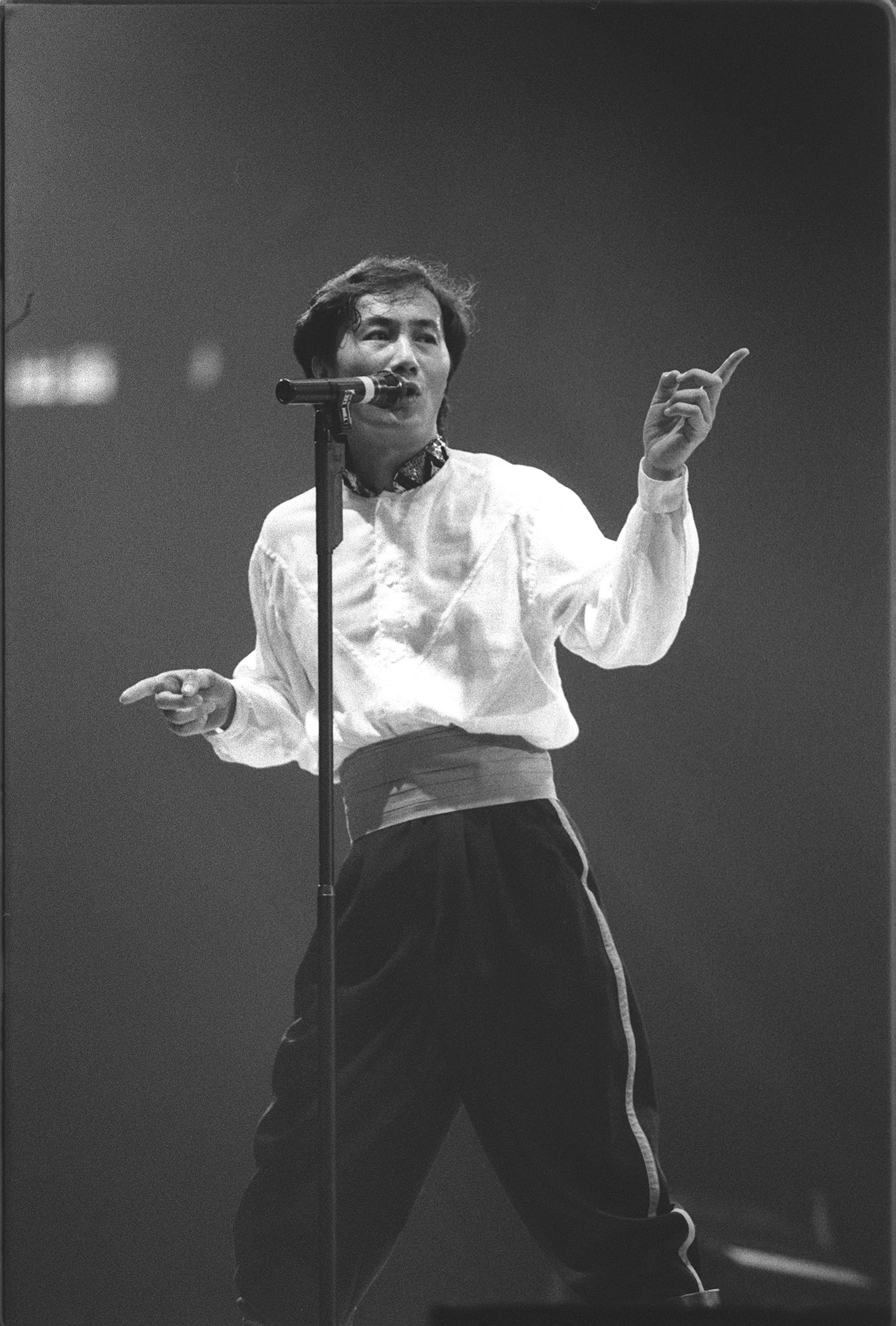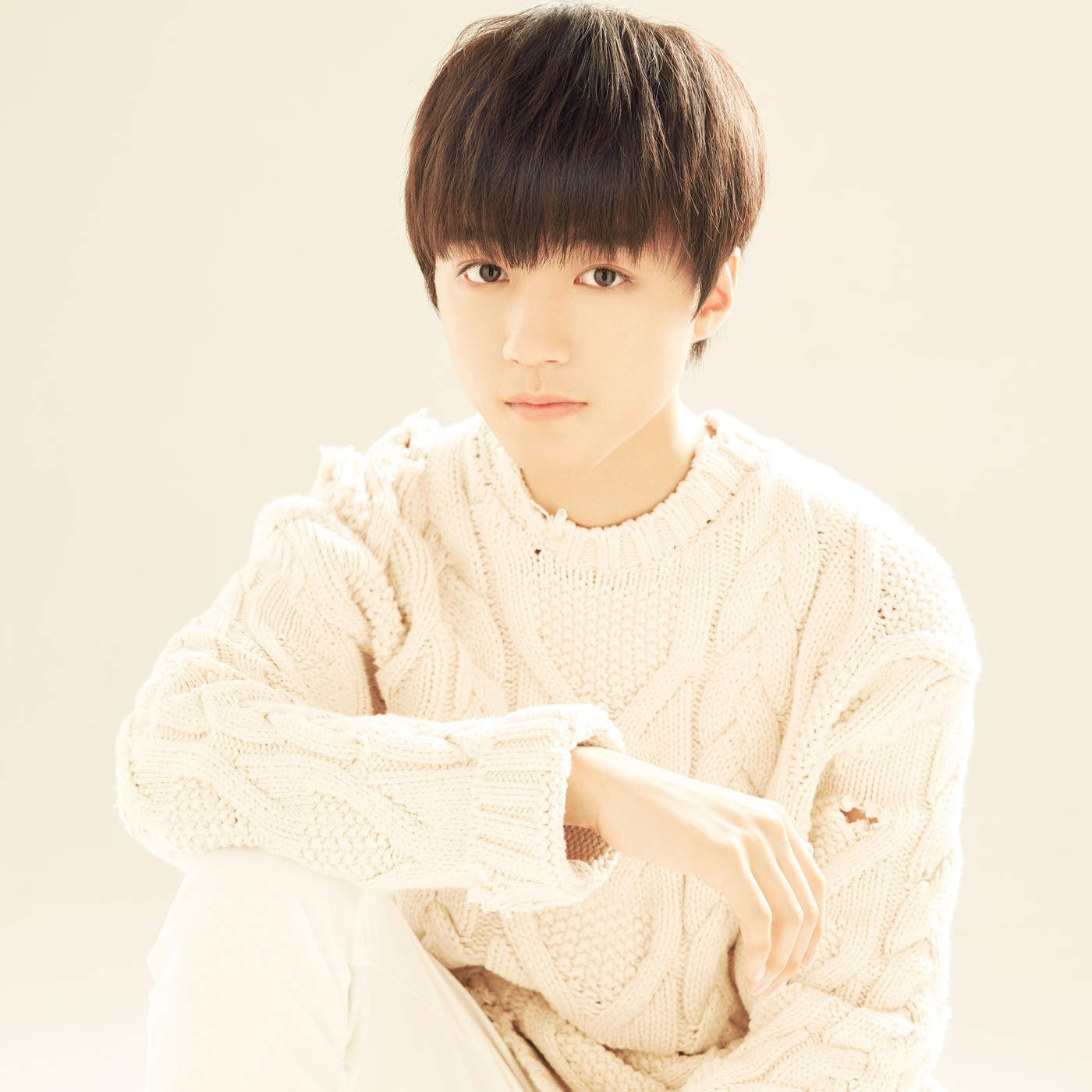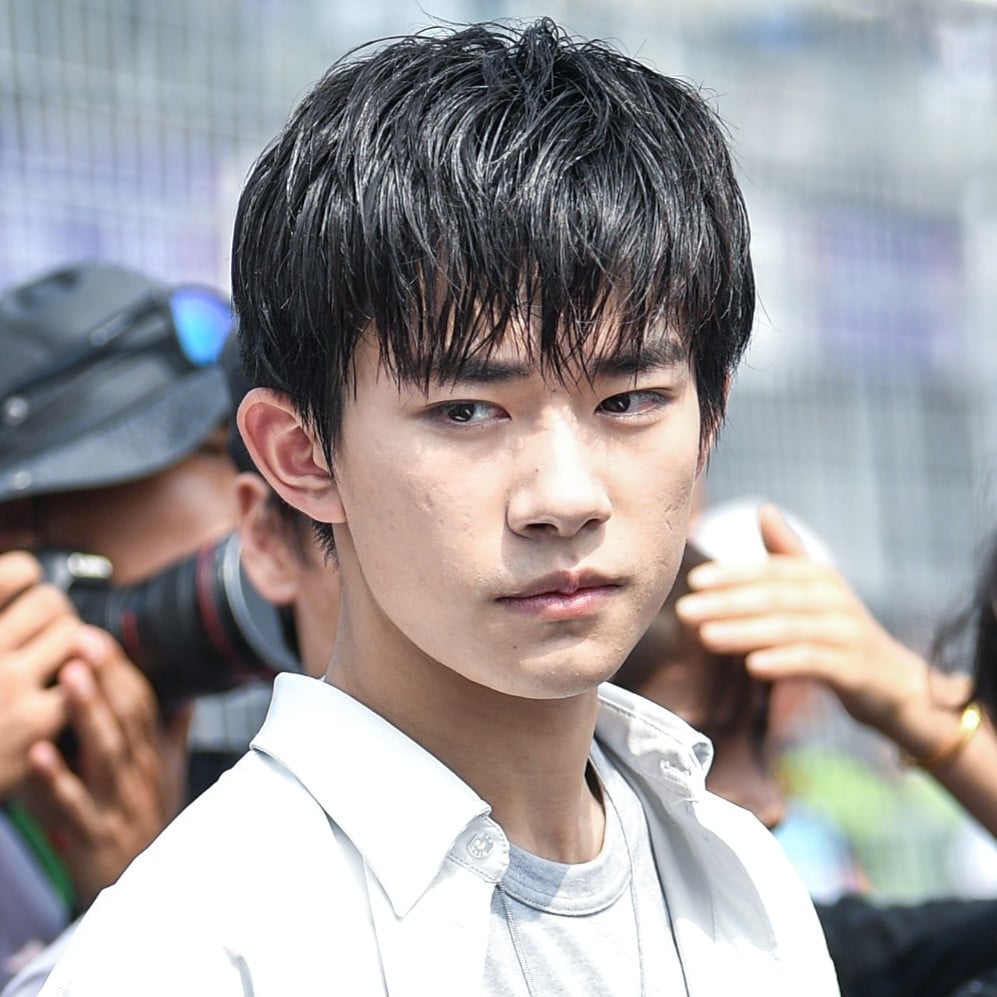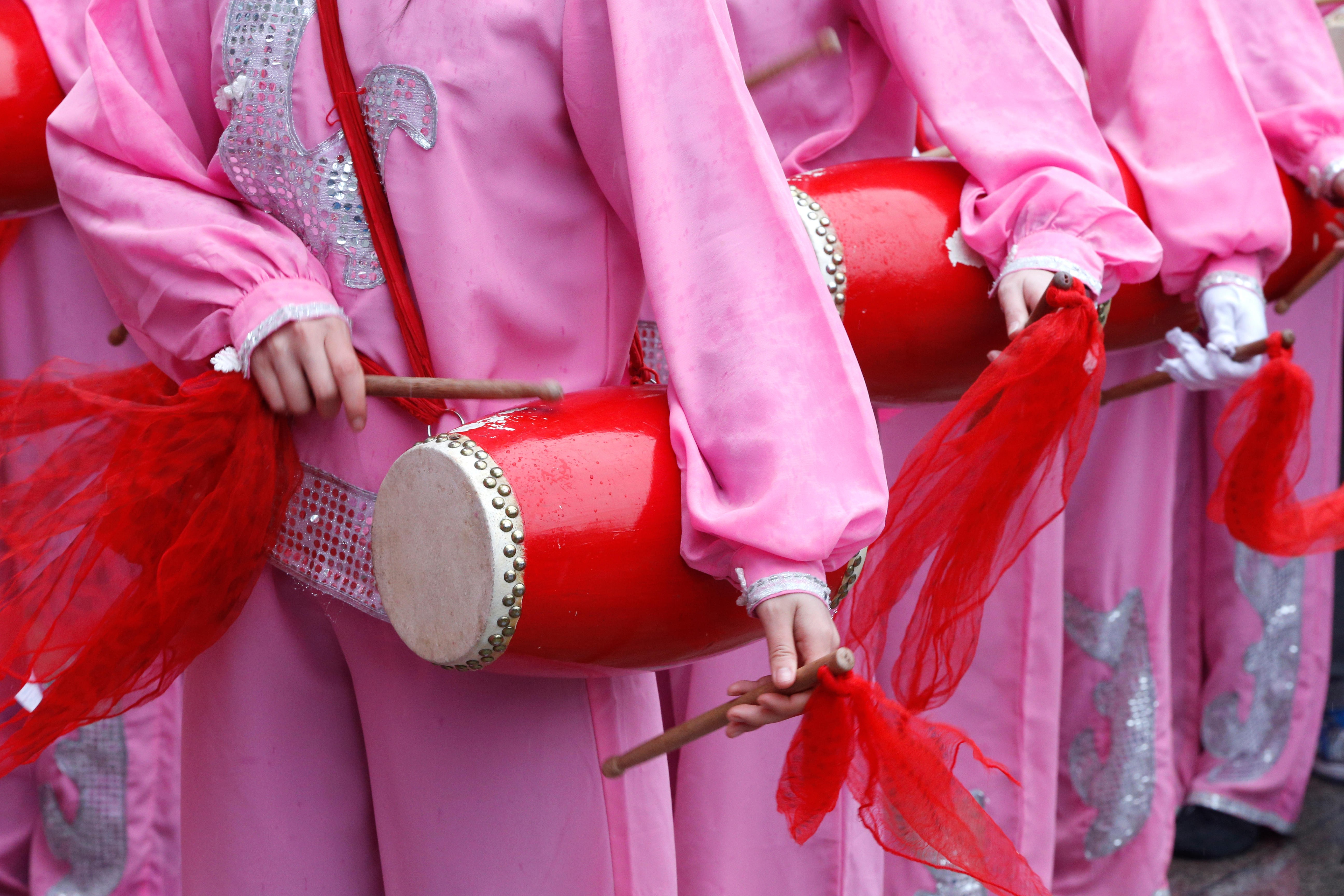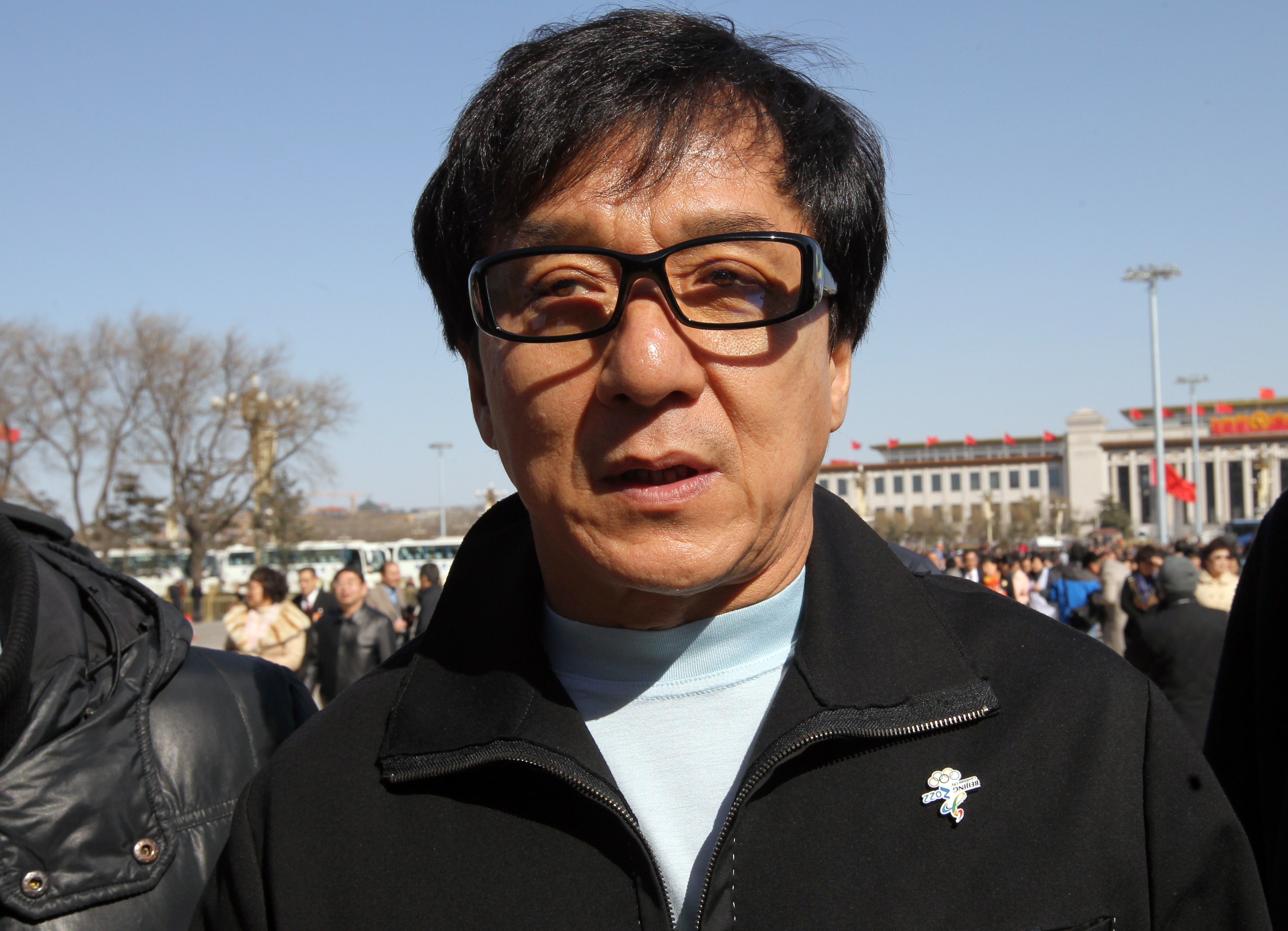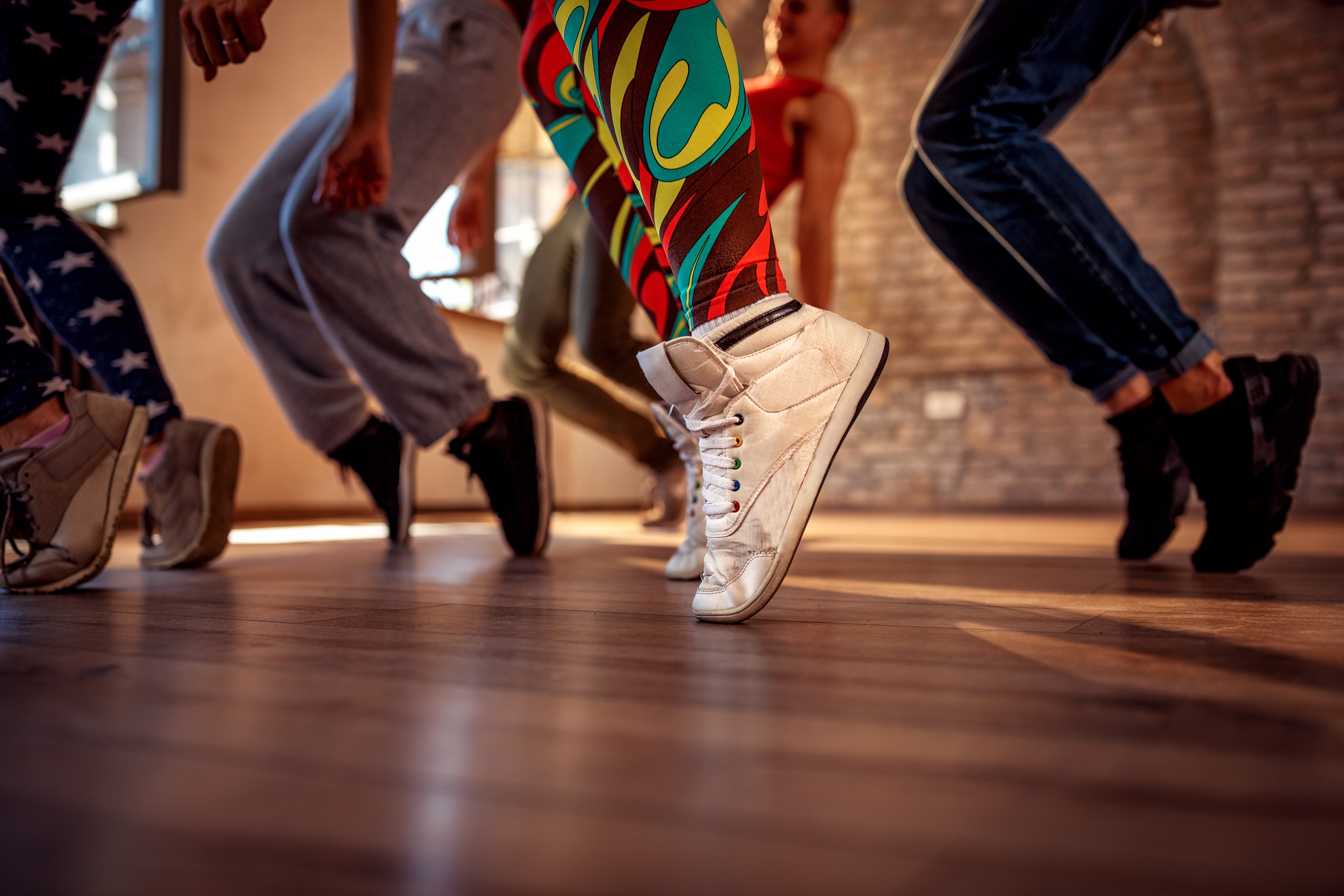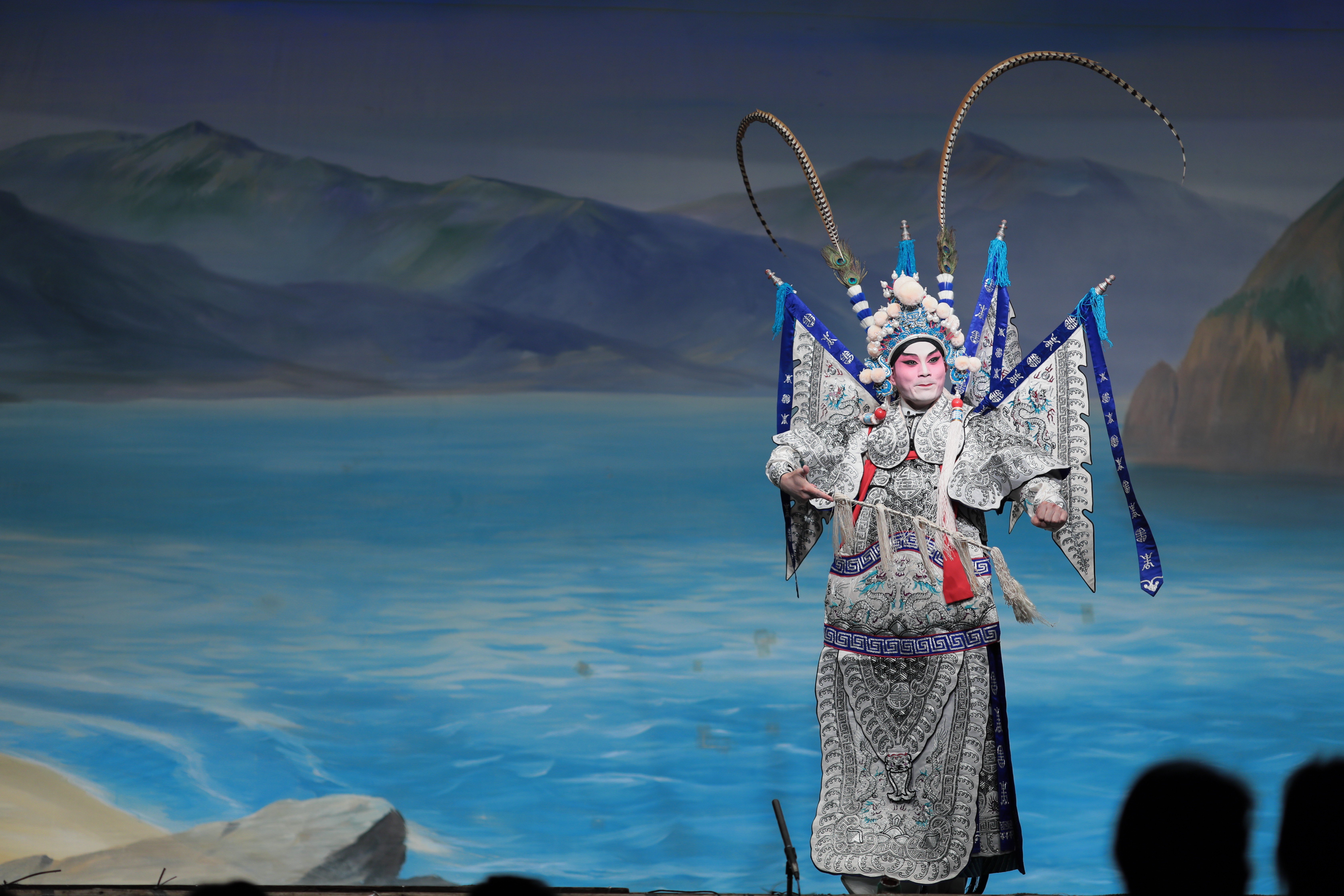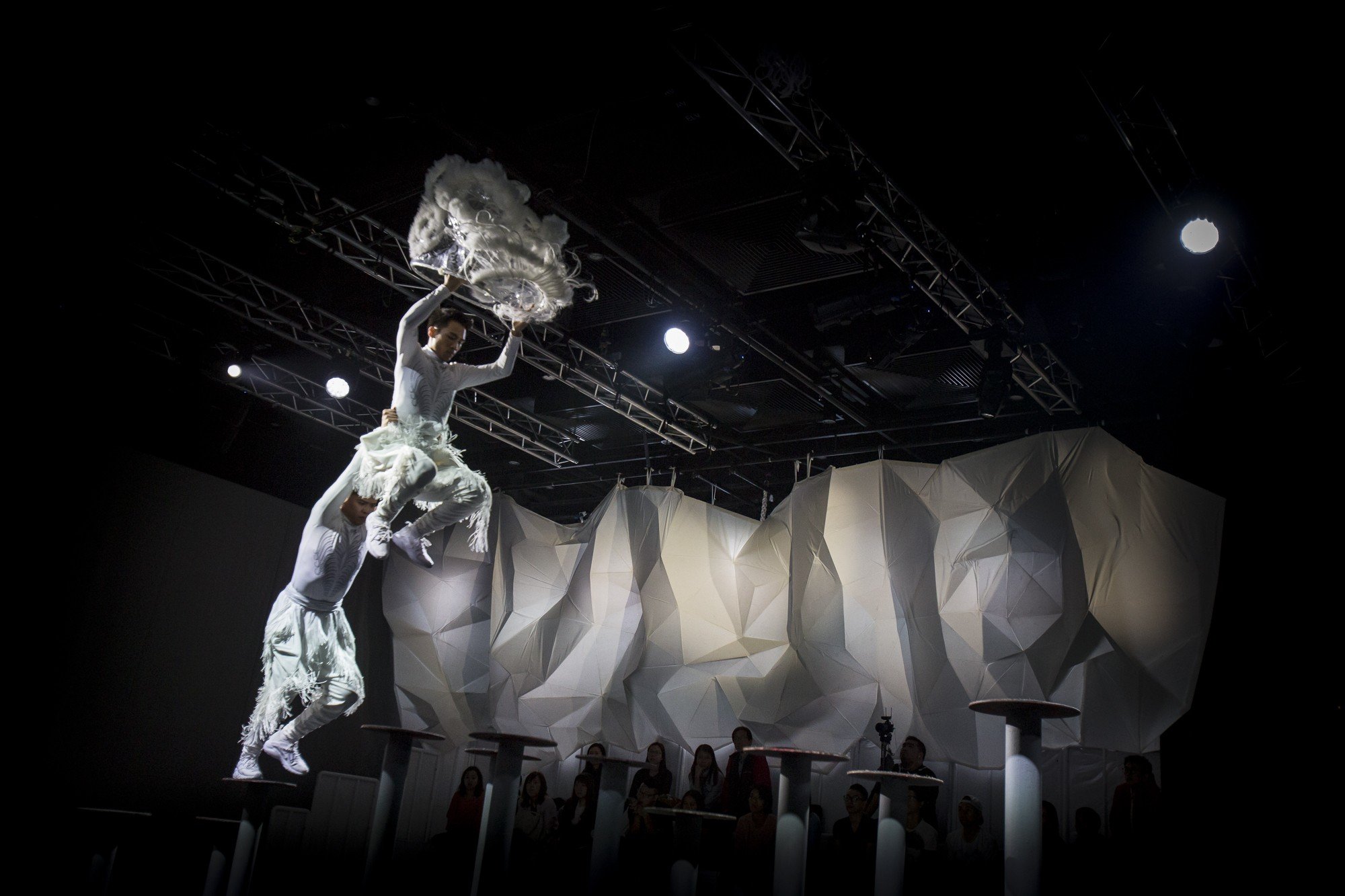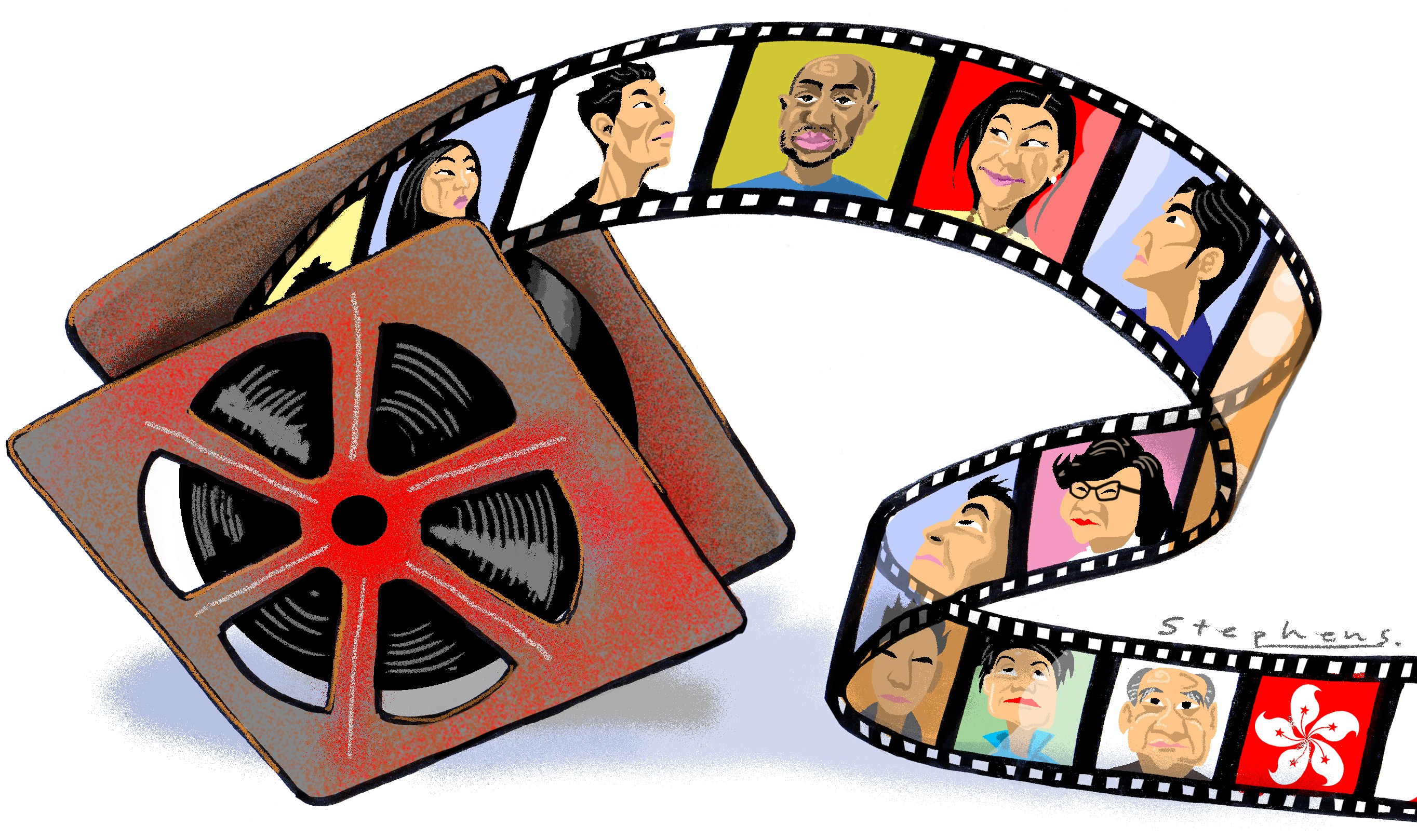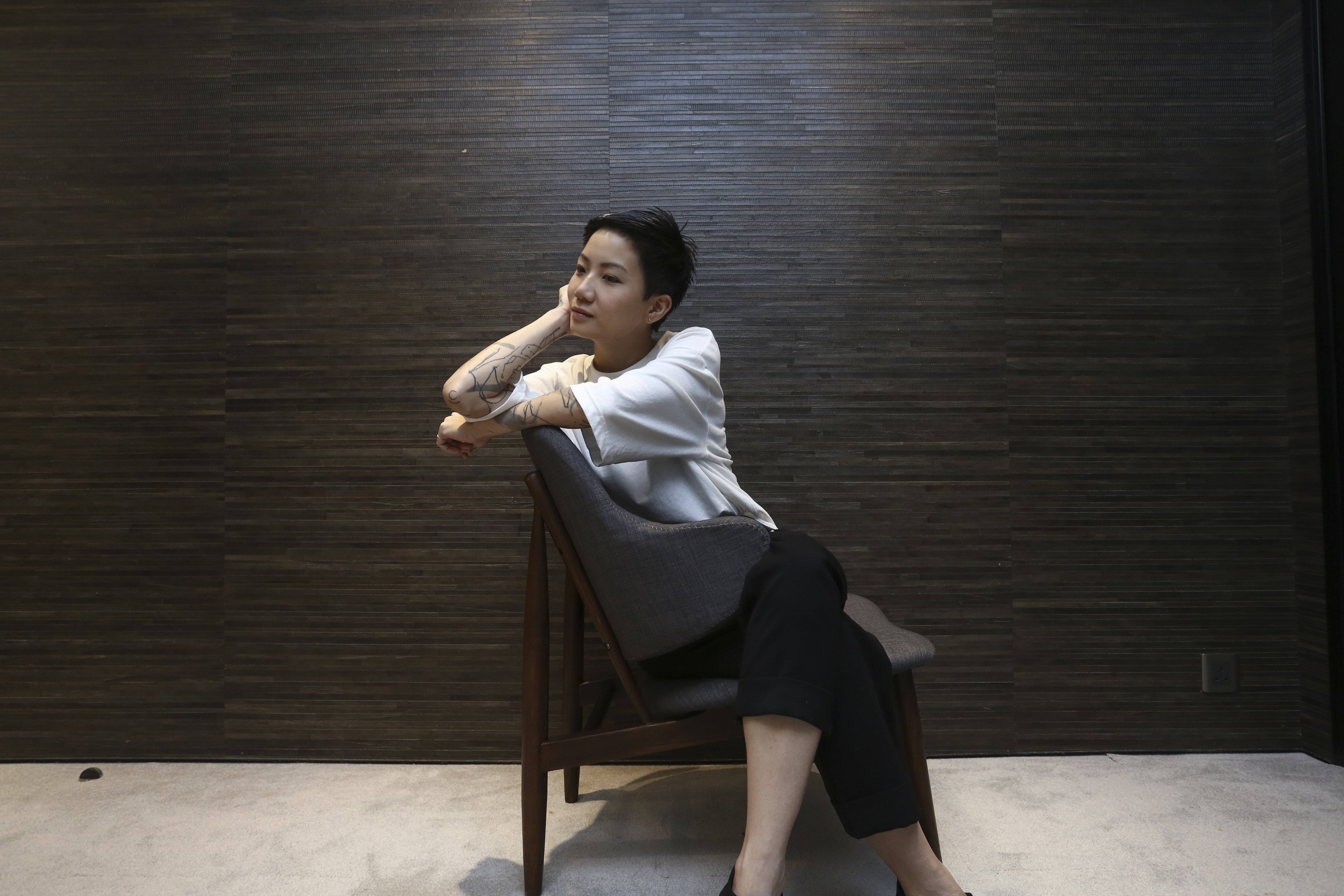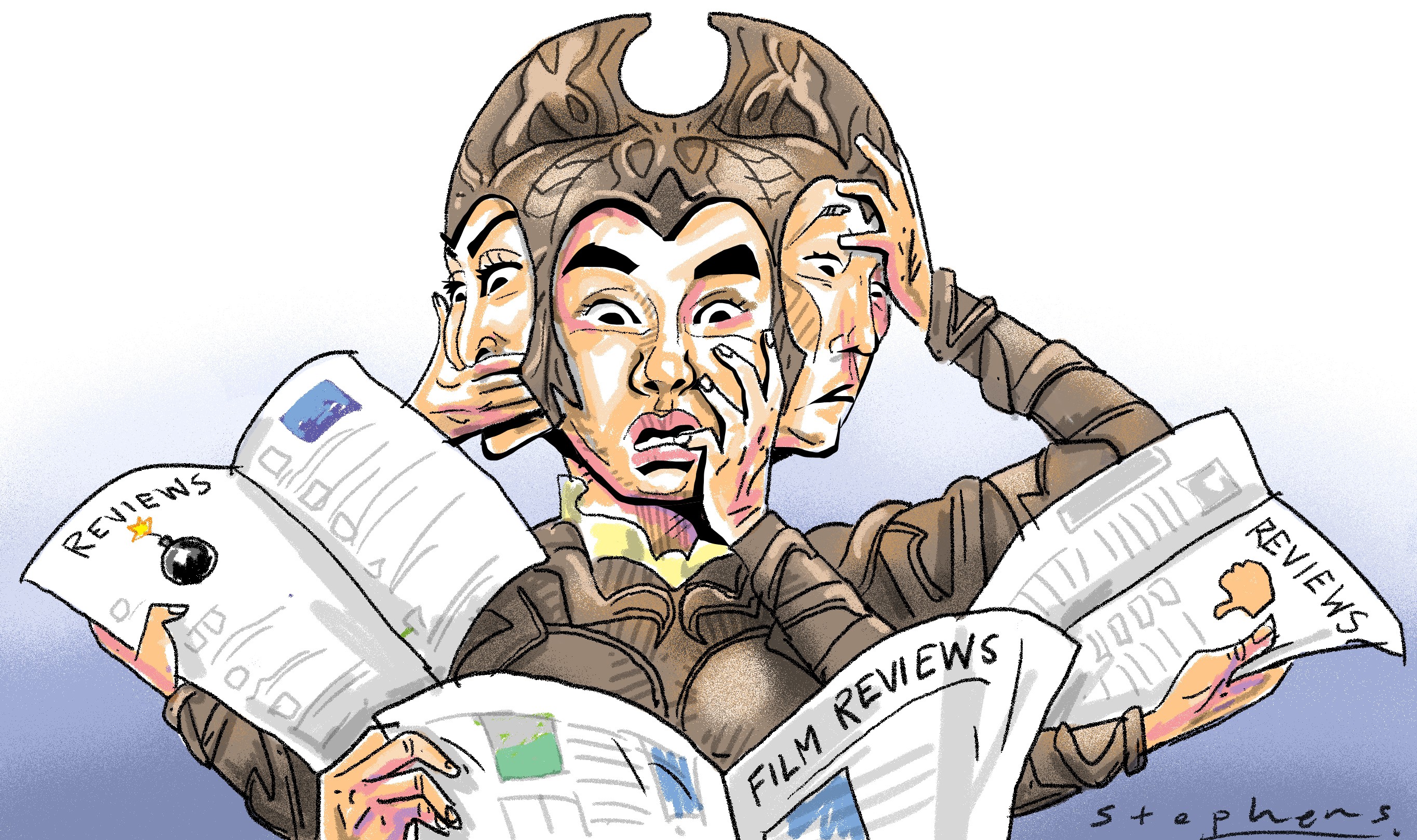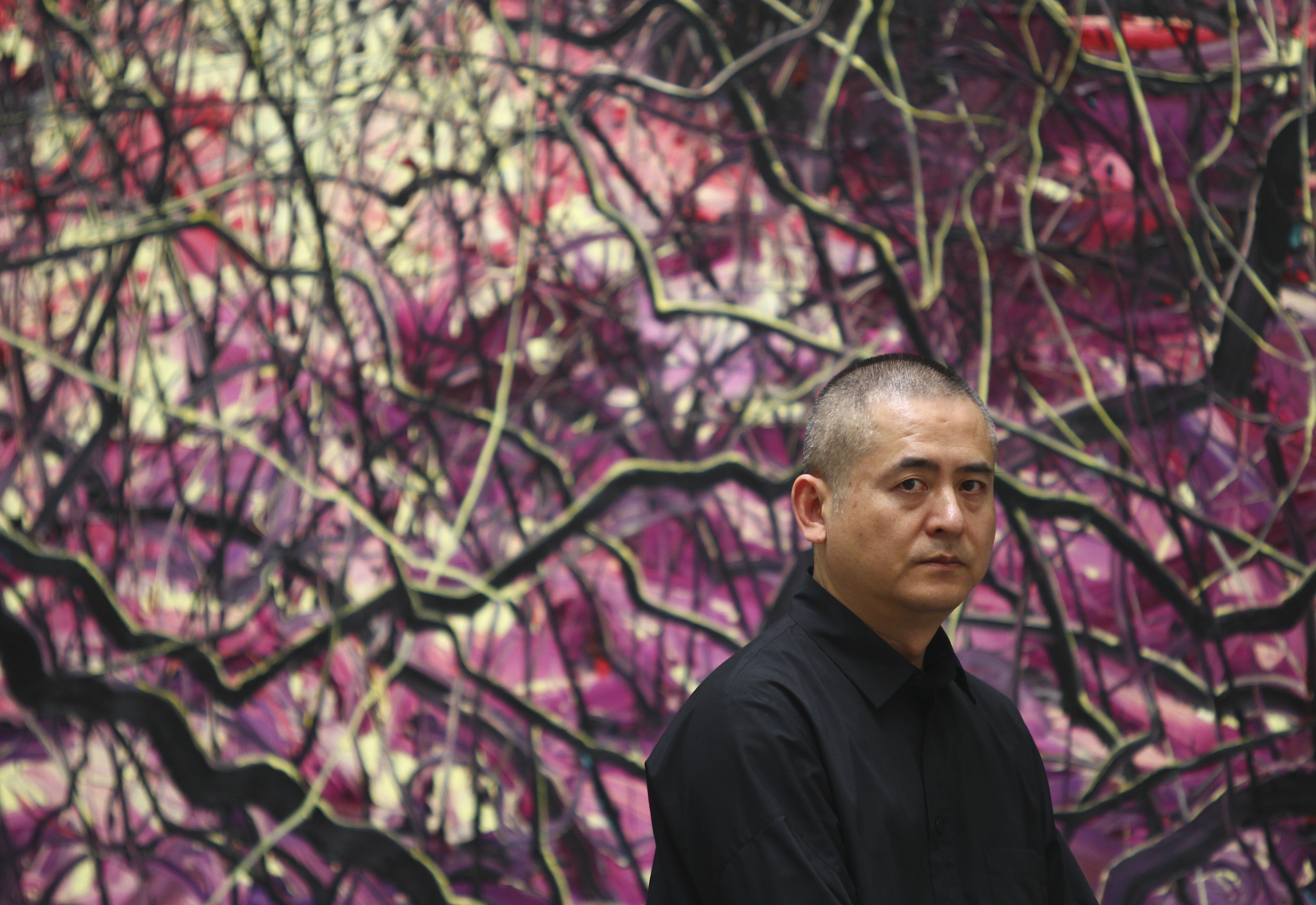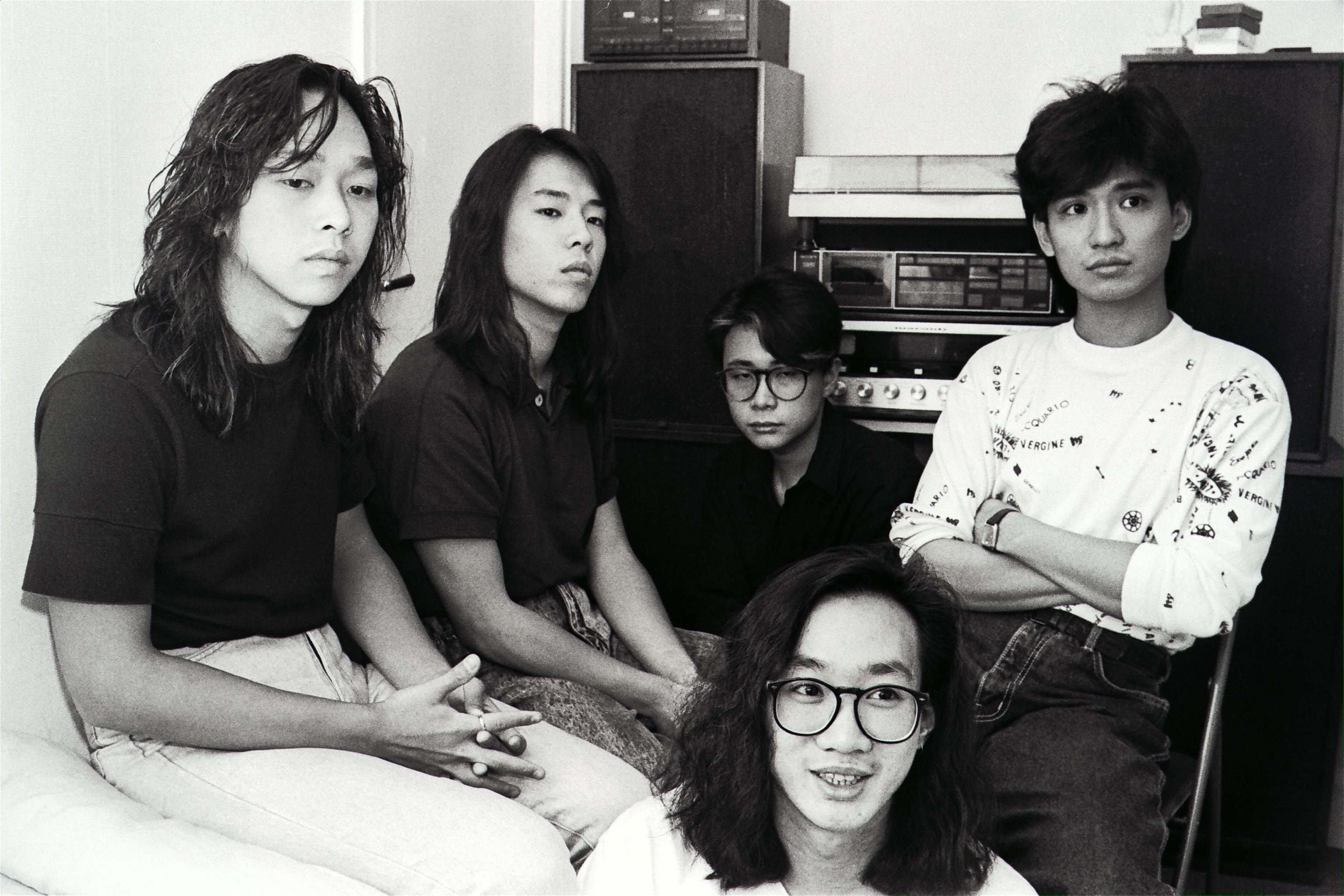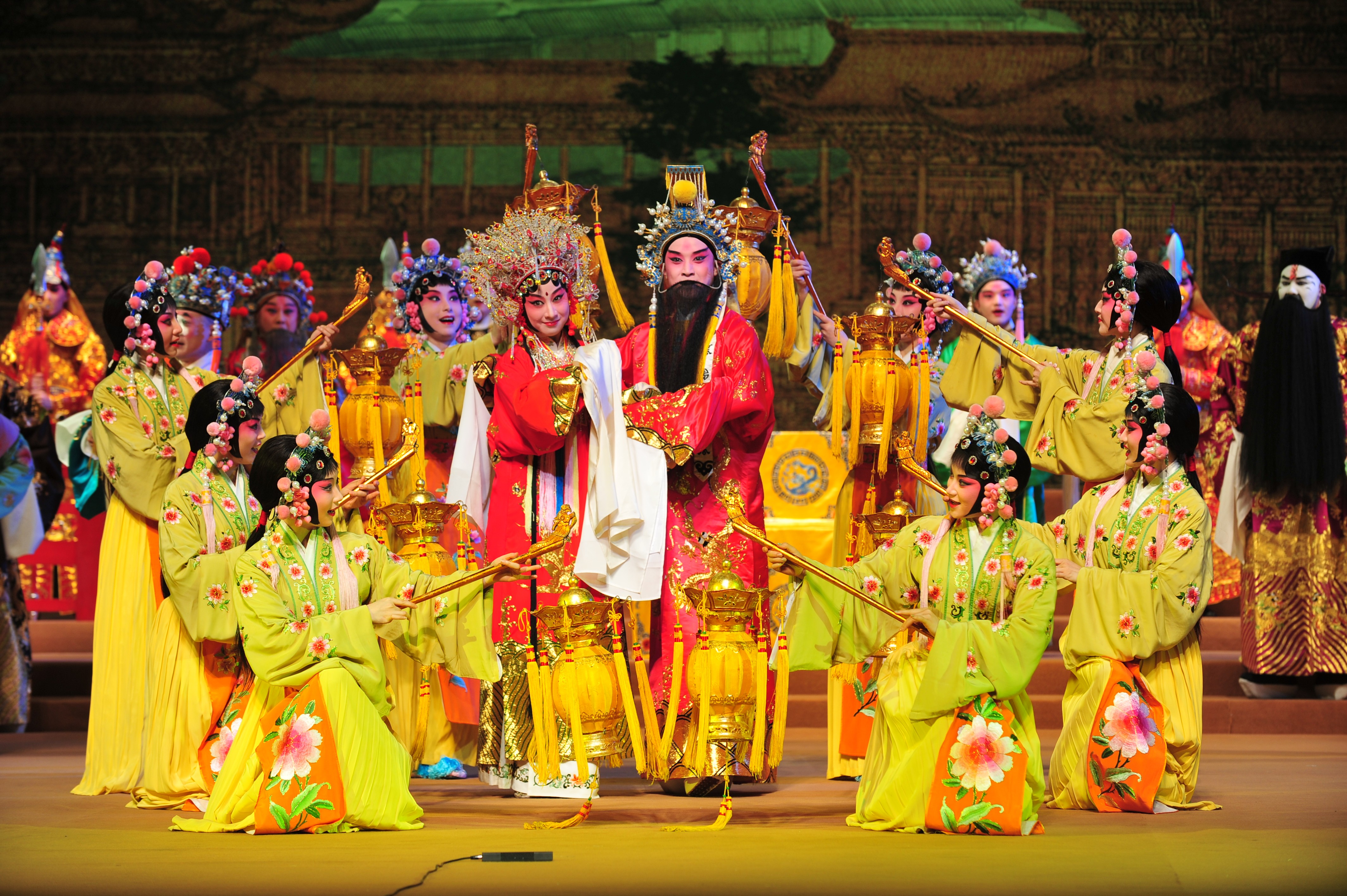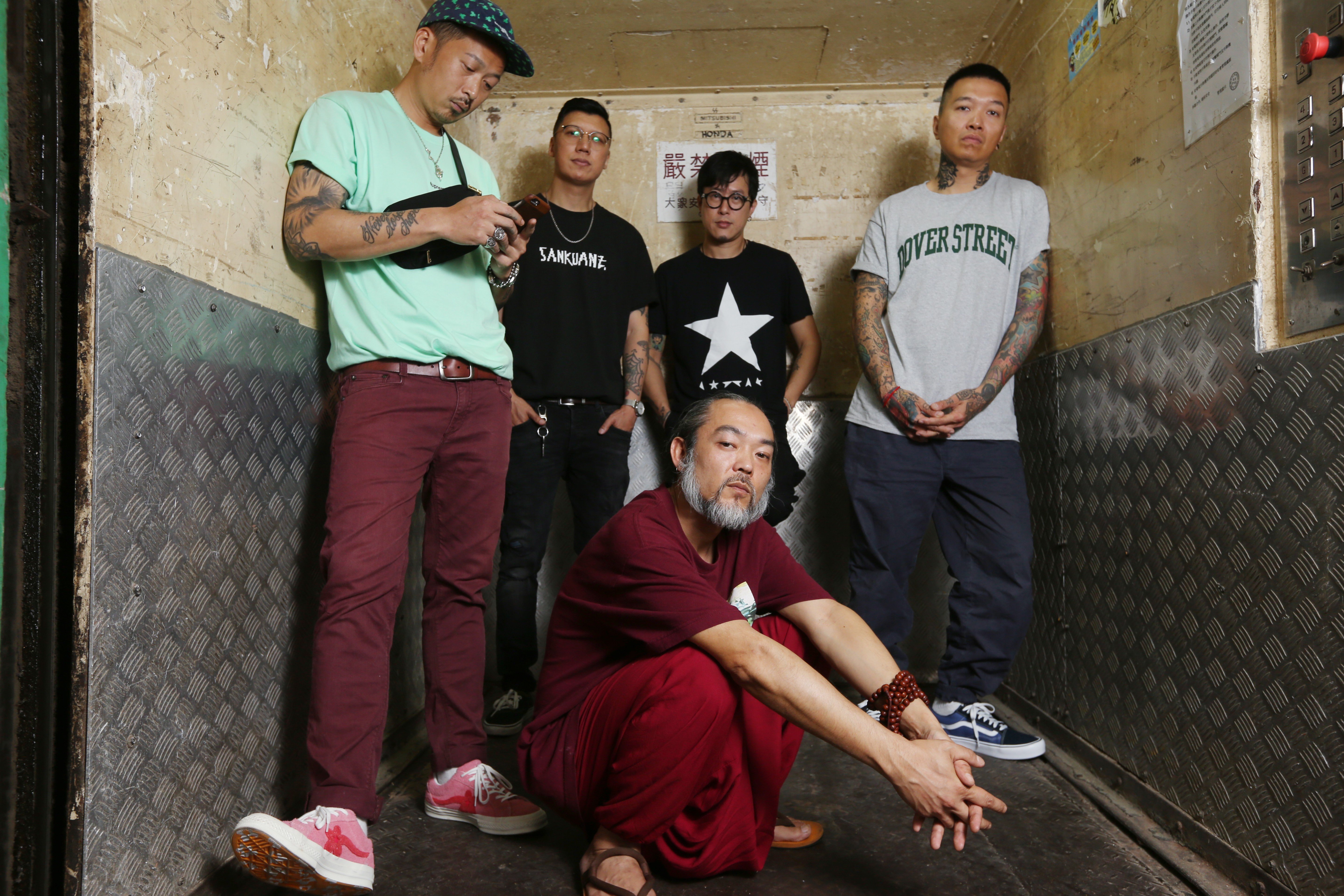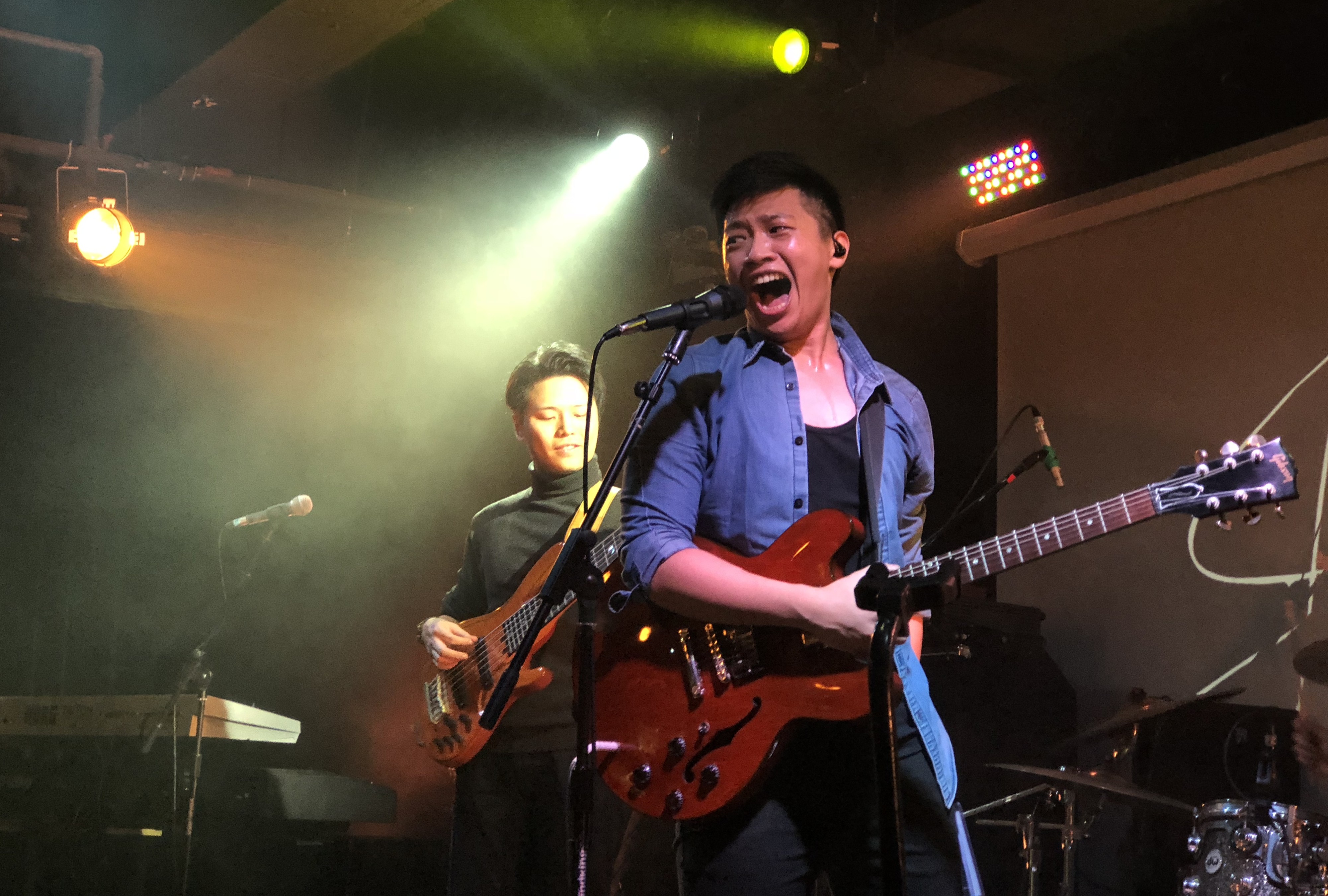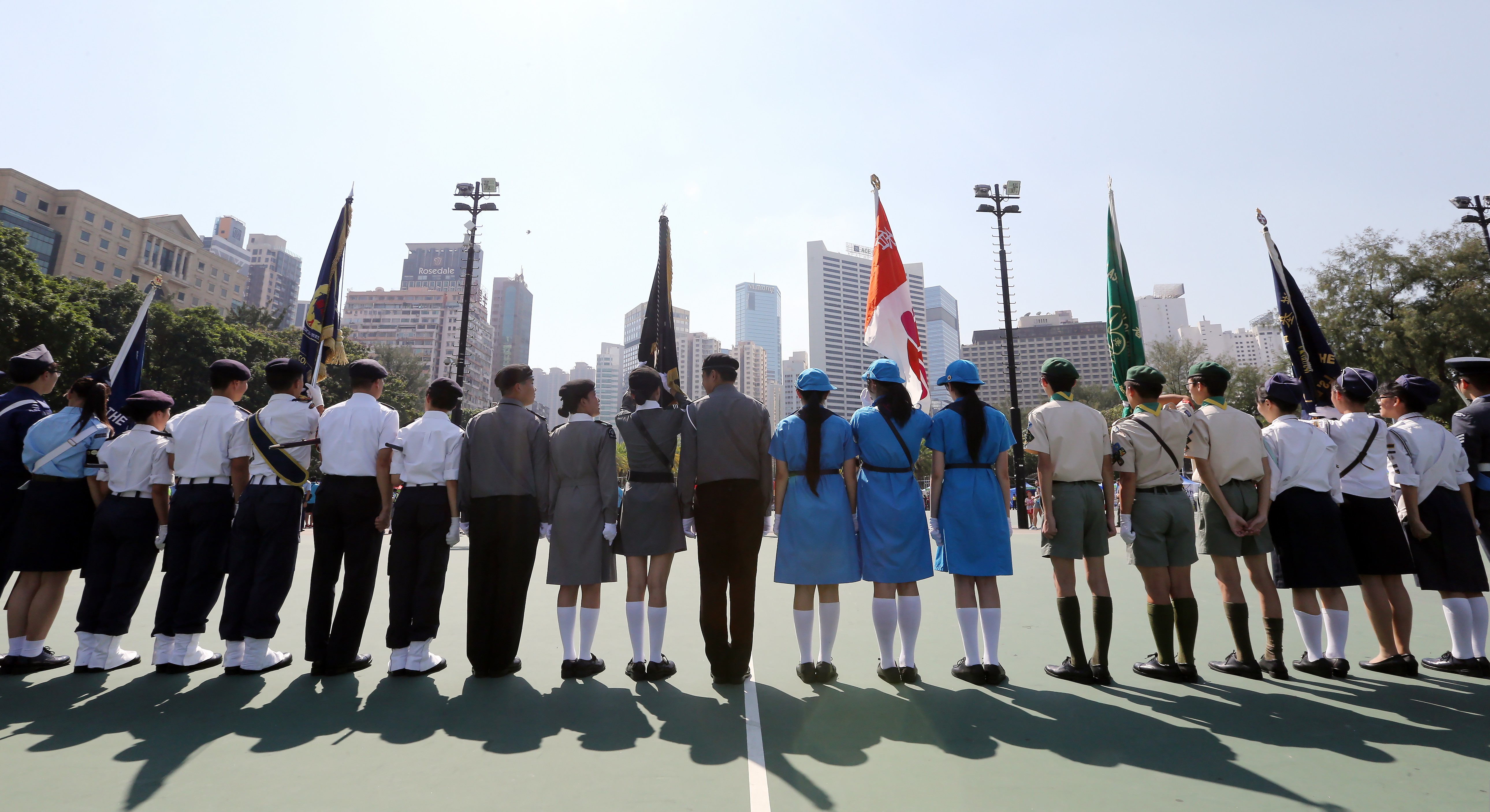Advertisement
Advertisement

Vivienne Chow
Vivienne is a journalist and critic specialising in the arts, culture and cultural affairs. She was named one of the world’s best young journalists and critics while representing Hong Kong at the 2004 inaugural Berlinale Talent Press at the Berlin International Film Festival, and in 2015 was awarded the IJP Fellowship for mid-career journalism training and conducting research on cultural policy. Vivienne was a staff reporter with the South China Morning Post for 15 years, and remains a contributor after founding her own non-profit educational initiative, the Cultural Journalism Campus. Follow her on Twitter @VivienneChow and read her blog, Culture Shock, at www.viviennechow.com
In partnership with:Leisure and Cultural Services Department
The Clubhouse app’s popularity reflects our burning desire to communicate and connect in a pandemic despite the emerging data risks. It is, in essence, a social experiment on how to responsibly exercise our freedom of speech
The recent debate over the emergence of pop star Keung To is the first time in years Canto-pop has been talked about. Local music is integral to Hong Kong culture, and we should be glad young people are still pursuing their Canto-pop dreams
In its pursuit of the Chinese audience, Disney fails to understand that they watch Western films about China, such as Mulan, through a magnifying glass, looking for errors and cultural slights.
Advertisement
The return of HKMoA in a time of crisis is an important reminder of what shaped Hong Kong. In future, however, will the government-run museum be able to showcase Hong Kong contemporary art that is critical of the status quo?
While professionals on the international circuit express concern about Hong Kong’s art market, the protests have generated a range of creative output. How these art works can be preserved and the creativity behind them channelled is worth considering.
Brigitte Lin Ching-hsia appeared in 100 films, from Taiwanese romantic dramas in the 1970s to Hong Kong action films of the 90s. Once so busy she’s confessed she felt lost, Lin found peace as a wife and mother after retiring 25 years ago.
In The Mood For Love actress all but disappeared from cinema screens after her last award-winning turn, in 2004 film Clean; recently she appears to have revived her dreams of a singing career.
In Partnership WithMacao Government Tourism Office
In partnership withLeisure and Cultural Services Department
Alan Tam, Sandy Lam, Sam Hui – these performers from the genre’s beginning left an indelible mark, with some still pulling in the crowds. We take a look back at their stellar careers and where they’ve been seen recently.
The family of Chinese boy band TFBoys’ singer Karry Wang opened a tea shop, Chaforu, in Chongqing trading on his fame. It was so successful staff were overwhelmed and machines broke down, and it shut after three days, before reopening.
With more than 70 million followers on Weibo, Jackson Yee is one of C-pop’s biggest stars and considered ideal to crack the Western market. But do C-pop stars have the musical ability to compete with Western stars?
While mainstream films produced on the mainland have long been cold-shouldered in Hong Kong, recent political tensions, such as over the national anthem law, have exacerbated antipathetic feelings.
From Andy Lau to the Twins, from Sam Hui to Adam Cheng and Liza Wang Ming-chun, here are some traditional new year songs. Common themes are luck and prosperity, and karma and mahjong.
Yes, the actor had a painful childhood, but why has he visited on his own daughter the abandonment and trauma he experienced then? Worst of all in Hongkongers’ eyes is his rejection of the city’s core values.
In partnership withLeisure and Cultural Services Department
In partnership withLeisure and Cultural Services Department
In partnership withLeisure and Cultural Services Department
The city’s rich heritage in film and television does not reflect Hong Kong’s diversity of people and influences. Now, it even lags behind mainland China and Taiwan in its openness to foreign talent.
On Sunday, the Hong Kong pop star died from a suspected suicide. Reporter Vivienne Chow looks back on her last meeting with the singer, where she appeared to have come to terms with her sexuality and bipolar disorder
The devastating failure of the Chinese film industry’s most expensive production ever shows that filmmakers now need original storytelling to woo a domestic audience of growing discernment – and that’s good news for the industry.
Western institutions are showing an increasing interest in art to their East at a time when Beijing’s political and economic influence is growing.
Rock star Wong Ka-kui was recording a Japanese TV show when he fell off a stage and sustained massive head injuries. His death six days later was the beginning of the end for Beyond, the Hong Kong band that have never been matched since
In partnership withLeisure and Cultural Services Department
The group’s songs rage against social injustice and the music industry. They are often named as influences by China’s top rappers, despite having only played there once and their material being considered too controversial for authorities
A shrinking local market, unstable venues and a lack of artistic curiosity blamed for limited traction for city’s groups
After a shaky start in Canto-pop, Ho turned to rock music and 10 years on her band Josie Ho & the Uni Boys are staging two concerts that she says are a psychedelic musical journey and celebration of life
A move to change the marching style of uniformed youth groups is just the latest heavy-handed attempt by Beijing and local authorities to instil love for China. It won’t work.

